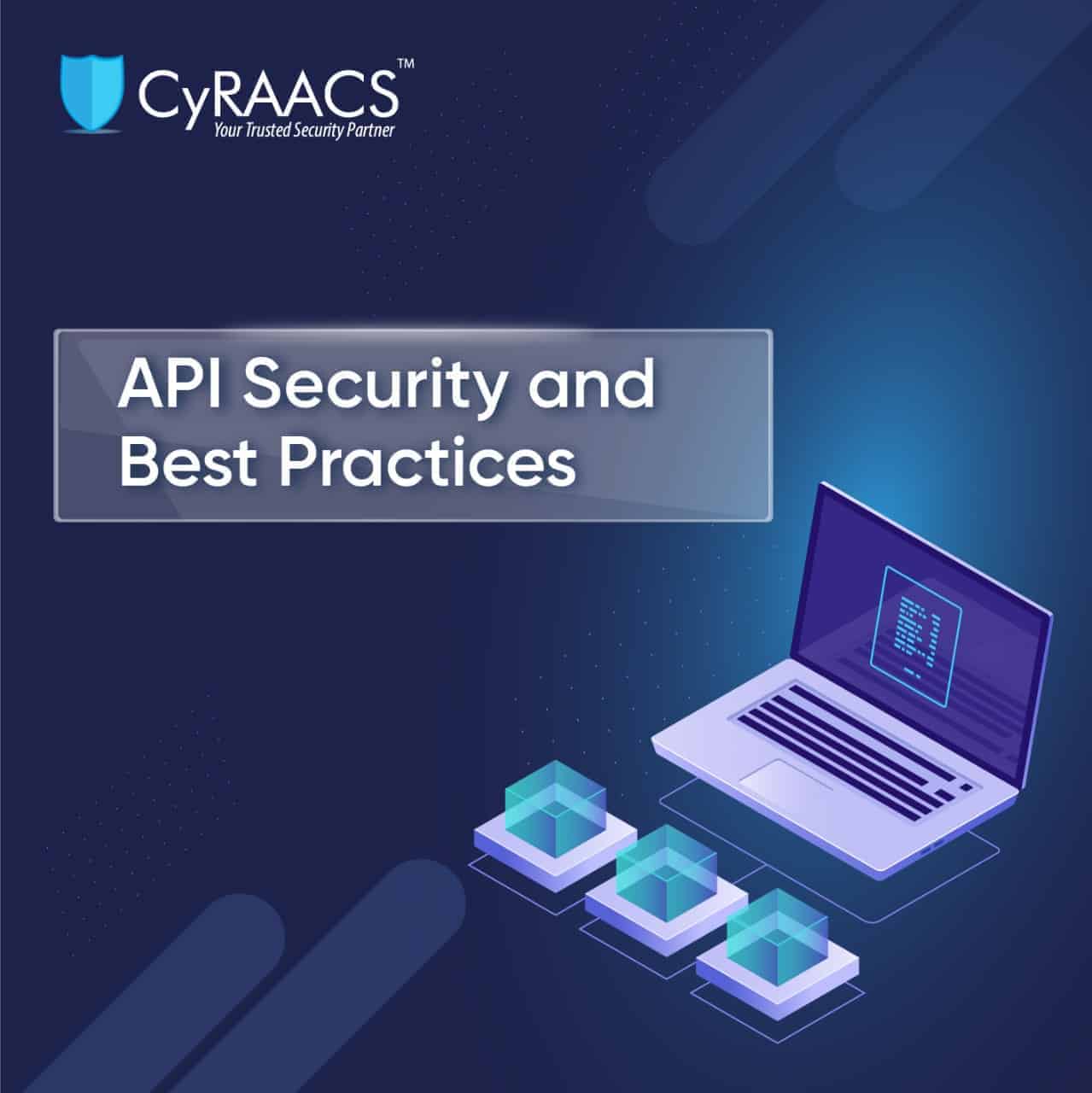
APIs are the backbone of the internet, powering the applications and services that we use every day. With the rise of the API economy, there are now more APIs than ever before, and they are handling sensitive data. This makes API security more important than ever.
API is an acronym for “Application Programming Interface”. An API is an interface that allows two pieces of software to communicate with each other. It is a set of subroutine definitions, communication protocols, and tools for building software.
API security is the process of securing APIs from unauthorized access, use, or modification. It includes both the security of the data and code that make up the API, as well as the security of the API itself. APIs are increasingly being used by businesses to allow third-party access to their data and functionality. This can be done for a variety of reasons, such as allowing partners to integrate their systems with yours or allowing developers to build applications on top of your data.
However, this also opens the possibility for security breaches, if the APIs are not properly secured, then malicious actors can get access to sensitive and personal data. API security is important because it helps to protect sensitive and personal data.
The Importance of API Security
As per the Gartner Report – Predicts 2022, by 2025, less than 50% of enterprise APIs will be managed, as explosive growth in APIs surpasses the capabilities of API management tools. The report also states to further improve API security posture by developing a security strategy for threat protection, API security testing, and API access control that leverages newer approaches and vendor solutions.
9 Most Common API Security Threats and Vulnerabilities are:
While a breach of an API can lead to data loss, downtime, and loss of customers, the right API security solution will help you secure your APIs and prevent breaches. As per multiple industry surveys, for about 83% of companies, the question is not if a data breach will happen, but when. Usually more than once. When detecting, responding to and recovering from threats, faster is better. Organizations using AI and automation had a 74-day shorter breach lifecycle and saved an average of USD 3 million more than those without.
Not only are these breaches costly, but they're also becoming more sophisticated. API security is important because APIs are increasingly how businesses share data and connect with customers, partners, and employees. A breach of an API can lead to data loss, downtime, and loss of customers. That's why it's important to adopt best practices for API Security.
Here are some of the best practices for API security:
In this day and age, data is everything. Businesses rely on data to make decisions, large and small. This data is often stored in databases, which can be accessed by applications through an API.
An API can be used to access sensitive data; when you have an API, you are essentially sharing your data with the world. This means that you need to be sure that your data is safe and secure. Otherwise, a malicious actor could gain access to it and use it for nefarious purposes.
Keep Your Data Secure with CyRAACS Cyber Security Solutions. Our experts offer tailored solutions for businesses of all sizes. Contact us today!
